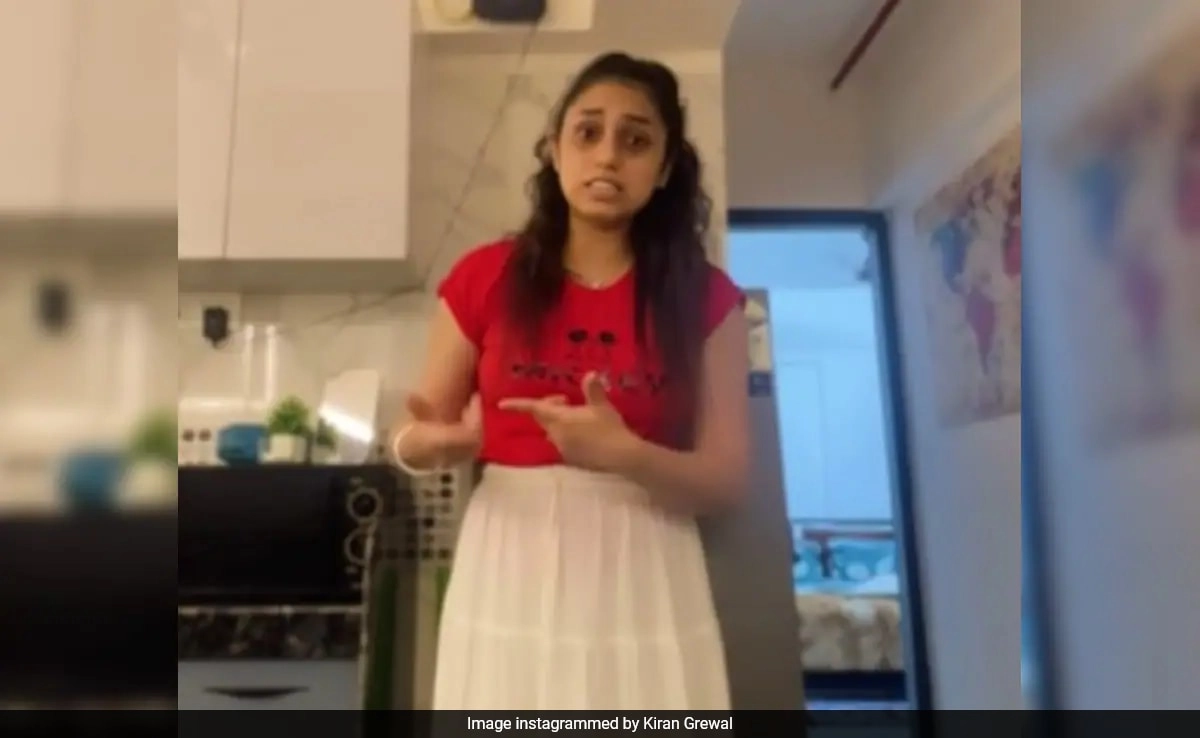In a recent statement addressing the controversies surrounding the National Eligibility cum Entrance Test (NEET) 2024, Union Education Minister Dharmendra Pradhan emphasized that no irregularities will be tolerated in the examination process. The NEET exam, a crucial assessment for aspiring medical students in India, has faced its share of challenges, particularly concerning allegations of malpractice and discrepancies in the conduct of the test. The minister’s remarks come in the wake of growing concerns from students and parents about the integrity of the examination process, which plays a pivotal role in determining admission to medical colleges across the country.
Pradhan’s commitment to ensuring a fair and transparent examination environment reflects the government’s broader initiative to uphold the integrity of educational assessments. He underscored the importance of maintaining a level playing field for all candidates, urging examination authorities to implement stringent measures to prevent any form of cheating or misconduct. By taking a firm stance against irregularities, the government aims to bolster public confidence in the NEET examination, ensuring that merit remains the sole criterion for admission into medical programs.
In light of the recent fiasco, the Ministry of Education is reportedly considering various reforms to enhance the examination framework. These may include the introduction of advanced technological solutions to monitor test-taking conditions, as well as more rigorous training for invigilators and staff involved in the examination process. The goal is to create a robust system that not only deters potential malpractice but also reassures students and their families that the examination is conducted fairly and transparently.
The NEET exam is not just an assessment; it is a gateway to the dreams of countless students who aspire to build careers in medicine. Therefore, the government’s proactive approach in addressing these issues is crucial. It not only impacts the current batch of students but also sets a precedent for future examinations. By ensuring that strict protocols are followed and that any irregularities are dealt with decisively, the authorities hope to foster an environment where talent and hard work are recognized and rewarded, ultimately contributing to the betterment of the healthcare system in India.




